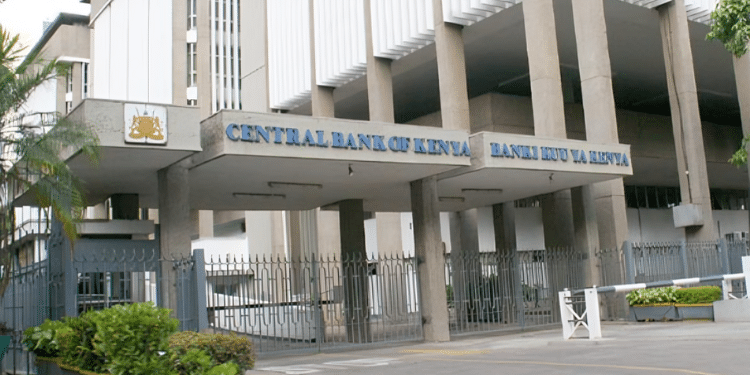A Kenyan man earning a monthly salary of Ksh55,000 accumulated a debt of Ksh1,071,000 across 52 active loan apps.
The Chairman of the Digital Financial Services Association of Kenya (DFSAK) Kevin Mutiso revealed the case while explaining gaps within government policies that are exposing Kenyans to over-indebtedness.
Speaking in an interview with NTV’s Fixing the Nation, Mutiso noted that the man came forward in an experiment conducted in December 2024, where DFSAK invited over-indebted individuals.
“We ran an experiment in December 2024, we put out a calling asking anyone who is over-indebted to come forward. We found one man whose salary was Ksh55,000 per month. His borrowing was Ksh1,071,000 from 52 active apps,” he said.
According to Mutiso, Kenyans have landed in such trouble because the digital lenders and bureaus do not have seamless information sharing about borrowed loans.
“We need a government led solution to ensure that all lenders are reporting to the government and have a validator tool.
“All data should be sent to one central point, then sent to the bureaus so that they can have the same data set of borrowers,” said Mutiso.
Also Read: Cheaper Loans as CBK Plans to Lower Interest Rates Again
How Kenyans Who Buy Motorbikes on Loans are Conned
At the same time, the DFSAK chairman explained that there are emerging cartels that target individuals who have taken motorcycle loans.
He added that lenders usually install tracking devices on the motorcycles to monitor payments.
However, once a borrower clears their loan, the tracker is removed to save costs, creating a window for criminals to steal the bikes and smuggle them to Uganda or Ethiopia.
“The lenders put a tracker on the bikes but it costly, so as soon as you finish paying the loan, they take out the tracker.
“The cartel figured that out and they would go and steal the bikes after the tracker is removed. They rush the bikes to the boarder and sell them on the other side. Typically, it could be to Uganda or Ethiopia,” he explained.
Also, he noted that it is illegal for digital lenders to expose borrowers or claim their property when they are unable to continue repaying loans.
“Those that do it are breaking the law and can be fined and in the last year two digital lenders were fined for breaking privacy laws. They were harassing and shaming customers.”
Also Read: How Banks and Digital Lenders Will Decide Loan Amounts for Borrowers
What You Should Look Out for as a Kenyan Before Borrowing
According to Mutiso, responsible borrowing and financial literacy is important to prevent reckless lending and borrowing among Kenyans.
He advised borrowers to use the money for investment and not for consumption. Further, he noted that digital lenders in Kenya gave out over Ksh500 million every day, about Ksh15 billion a month, to 8 million Kenyans.
“The first thing I tell people is, don’t borrow to consume. Borrow to make more money. Many of them use the funds to increase their stock or improve their businesses,” he said.
Additionally, he advised Kenyans to be careful about the total cost of borrowing, including interest rates, application fees, late payment charges, and storage fees, to avoid financial traps.
Also, Mutiso raised concerns about young borrowers misusing digital loans, particularly in gambling.
“Customers under the age of 24 often use borrowed money for the wrong reasons. In Kenya, we spend Ksh10 million per hour on betting,” he revealed.
Follow our WhatsApp Channel and join our WhatsApp Group for real-time news updates.










































































